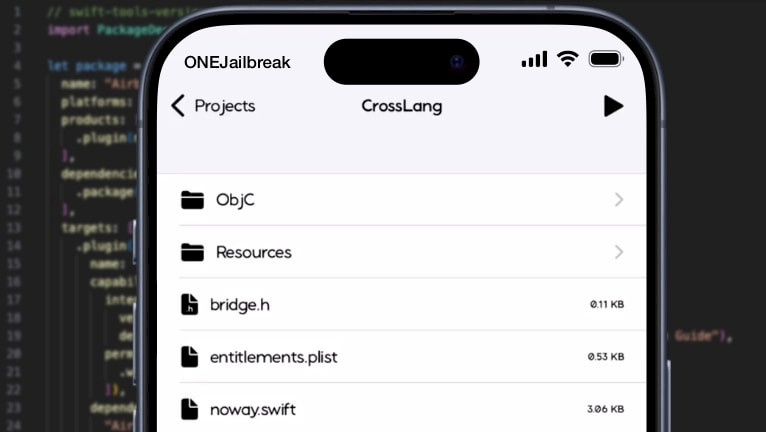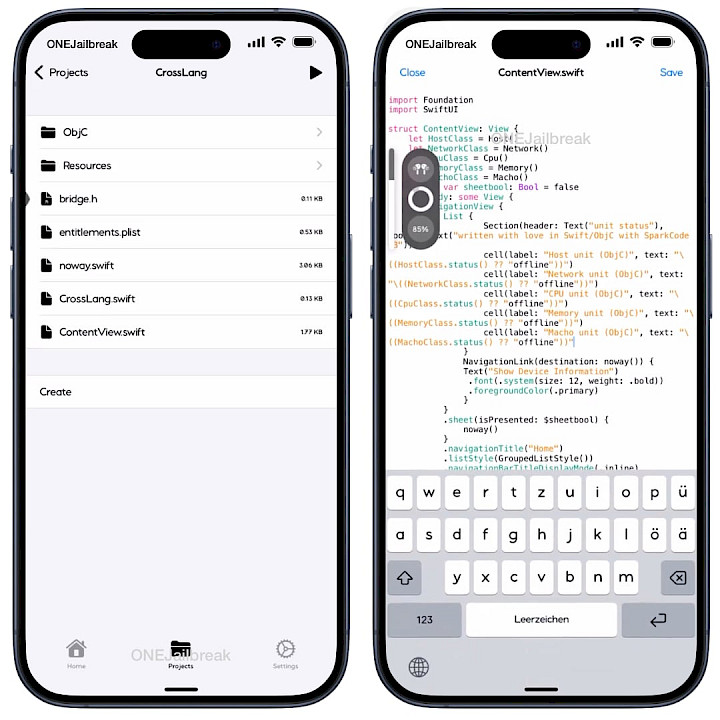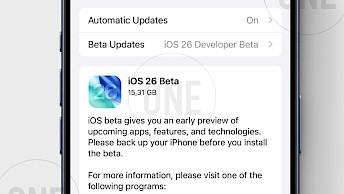SparkCode development IDE for iOS

In the realm of iOS app development, the conventional approach often demands a computer and supplementary libraries to compile apps for sideloading. However, a notable shift occurred with the introduction of SparkCode iOS development IDE. Unlike its predecessors, SparkCode facilitates native app compilation directly on the iOS device itself, marking a significant leap in accessibility and convenience for developers.
SparkCode Repository
SparkCode IDE was released as a DEB package, which can be downloaded from the Dekotas Repository. To quickly access the IDE for iOS, you can add the official SparkCode Repository to your package manager and install the code editor and compiler on iOS 15.0 – iOS 16.
What is SparkCode?
SparkCode represents a groundbreaking IDE designed specifically for iOS devices, enabling users to compile native apps effortlessly while on the move. Moreover, the IDE boasts the capability to generate IPA files, enhancing its utility for developers. Despite its current basic feature set, SparkCode exhibits immense potential for expansion.
This evolution signifies a paradigm shift in mobile application development, empowering developers with on-the-go capabilities previously unimaginable. SparkCode project is still in its infancy, but it already empowers users to compile projects using multiple languages directly on their jailbroken devices. There are already some project completed entirely using SparkCode.
This innovative tool serves as an on-device IDE tailored for jailbroken environments, providing developers with the convenience of creating iOS apps on the fly.

SparkCode offers three compiler modes: Swift mode, ObjC mode (which also supports various other C languages), and Hybrid mode (combining Swift with any other C languages). Moreover, it boasts built-in project management functionality, serving as a comprehensive IDE capable of both coding and compiling tasks. All works without requirement for theos libraries.
The project manager facilitates seamless navigation through files and folders, enabling users to effortlessly create new files and edit existing ones. While the text editor enhances code readability through colorization, it currently lacks advanced features such as auto-suggestions or code hints. Developer's are focusing on efficiency and bug fixing.
Unlike Swift Playgrounds, which focuses on teaching coding and app development exclusively using Swift, the language renowned for crafting top-tier applications for the App Store, SparkCode distinguishes itself by supporting a broader spectrum of C languages. Additionally, while Swift Playgrounds lacks support for third-party frameworks and offers limited functionality in this regard, SparkCode provides more extensive support.
Furthermore, SparkCode is compatible with iPhones, offering a seamless experience tailored for the device, unlike Swift Playgrounds, which has limitations in terms of appearance and functionality when used on an iPhone. Notably, SparkCode also facilitates custom entitlements for apps, such as the ability to disable sandboxing, a feature unavailable in Swift Playgrounds. It's noteworthy that SparkCode was entirely crafted using SparkKit directly on the device itself.
Speedyfriend67 has recently introduced several projects developed using the SparkCode IDE. Among these is Imager, a versatile tool allowing users to extract text from images, edit the extracted text, save it as a file, and review extraction history seamlessly. Additionally, the Task Manager App offers a straightforward task management solution constructed using SwiftUI and Swifty, providing users with an intuitive interface to organize their tasks efficiently.





